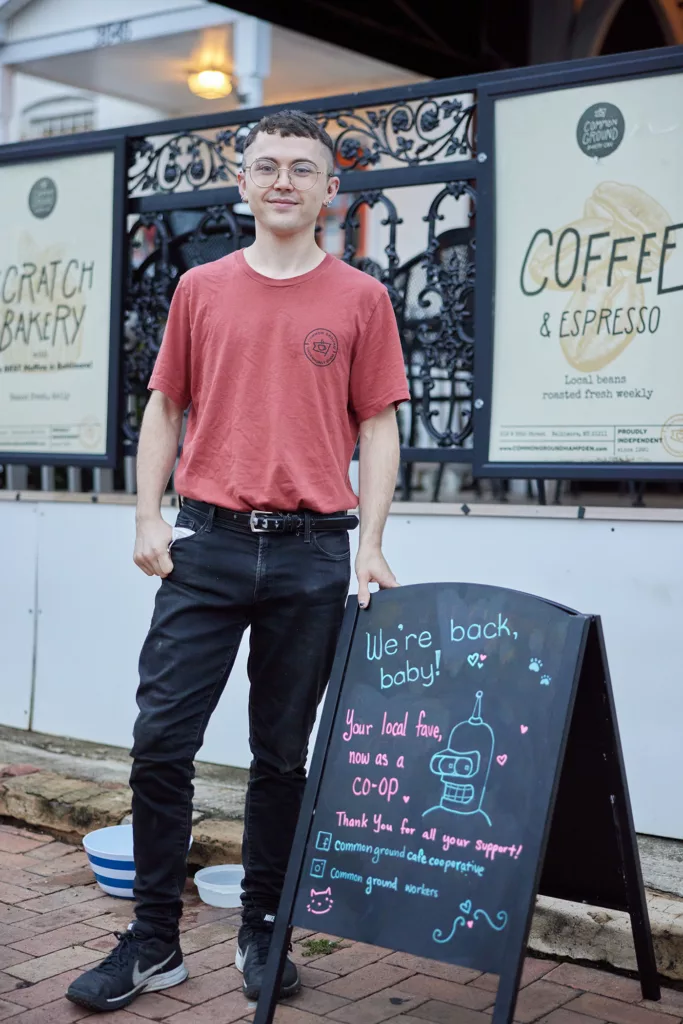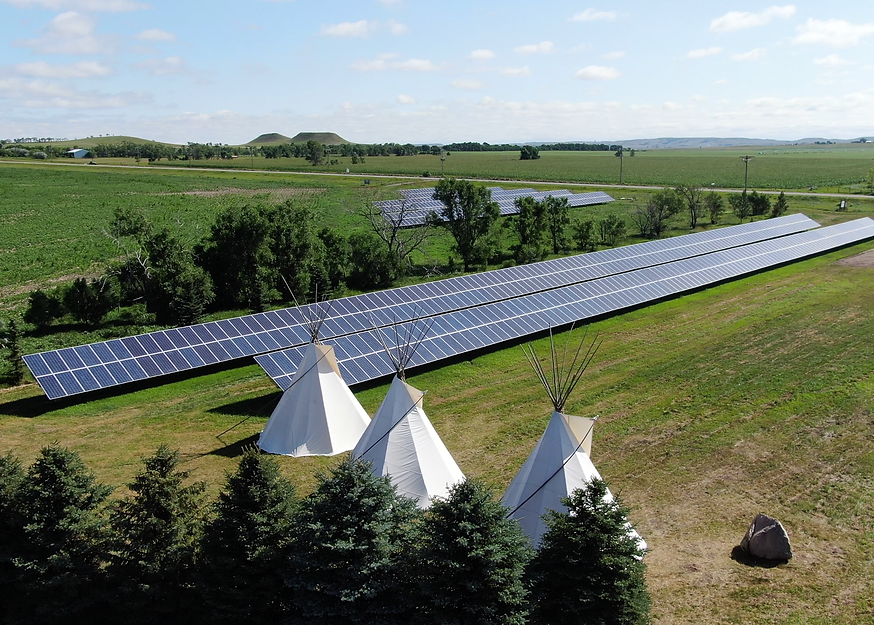Three great stories we found on the internet this week.
Teamwork
In the years ahead, more and more baby boomers will retire, some of them without plan for who will run their businesses. One response to this “silver tsunami”: creating worker-owned cooperatives. In worker co-ops, the workers run the business and keep the profits. This has been shown to result in better pay than traditional businesses — and more productivity, too.

Case in point: When the owner of Baltimore’s Common Ground Cafe retired and closed the shop last summer, its employees banded together and quickly began to organize. In the first six weeks after the cafe reopened as a worker co-op, Common Ground was able to raise wages by up to 25 percent.
Reopening as a co-op “was the best feeling in the world,” barista Sierra Allen told Yes! Magazine, “because we get to see our customers, we get to spend time with one another, and when we see issues, we can fix them the way we see fit.”
Under the sun
Solar power has become the cheapest form of energy in the world, making it an appealing option for Native American tribes who lack reliable access to electricity. That — along with the impacts of fossil fuels — is why Cody Two Bears, member of the Sioux tribe in North Dakota, started building solar farms.
Two Bears is the founder of Indigenized Energy, which installs free solar farms for tribal nations. A 1,100-panel solar farm that Indigenized Energy built in Cannon Ball, on the Standing Rock reservation, produces enough energy to power 60 homes and saves the tribe up to $10,000 per year.

When reservations were created, the government intentionally placed many of them on land that wasn’t good for farming. But now, because the tribes have been such good stewards of the environment, much of that land is ideal for renewables. “Some of the lands that were the worst lands 160 years ago are now some of the most pristine because our tribal nations have protected and preserved them,” said Two Bears.
Free reads
A new major book award has launched in the US with a unique jury: 300 incarcerated people. Created by Freedom Reads, the National Book Foundation and the Center for Justice Innovation, the competition is a way for those serving sentences “to meaningfully participate in our shared national cultural conversation,” Freedom Reads CEO Reginald Dwayne Betts said in a press release.
Crushed by negative news?
Sign up for the Reasons to be Cheerful newsletter.The finalists are Tess Gunty, Jamil Jan Kochai, Roger Reeves and Imani Perry. Before the winner is announced in June 2024, incarcerated people will also be able to participate in live discussions and literary readings.
John J. Lennon, a writer who is serving a life sentence, was involved in planning the award and is serving as a juror. “The award just tells us, hey, we can add meaning, it shows us that our word can count too,” Lennon said.







